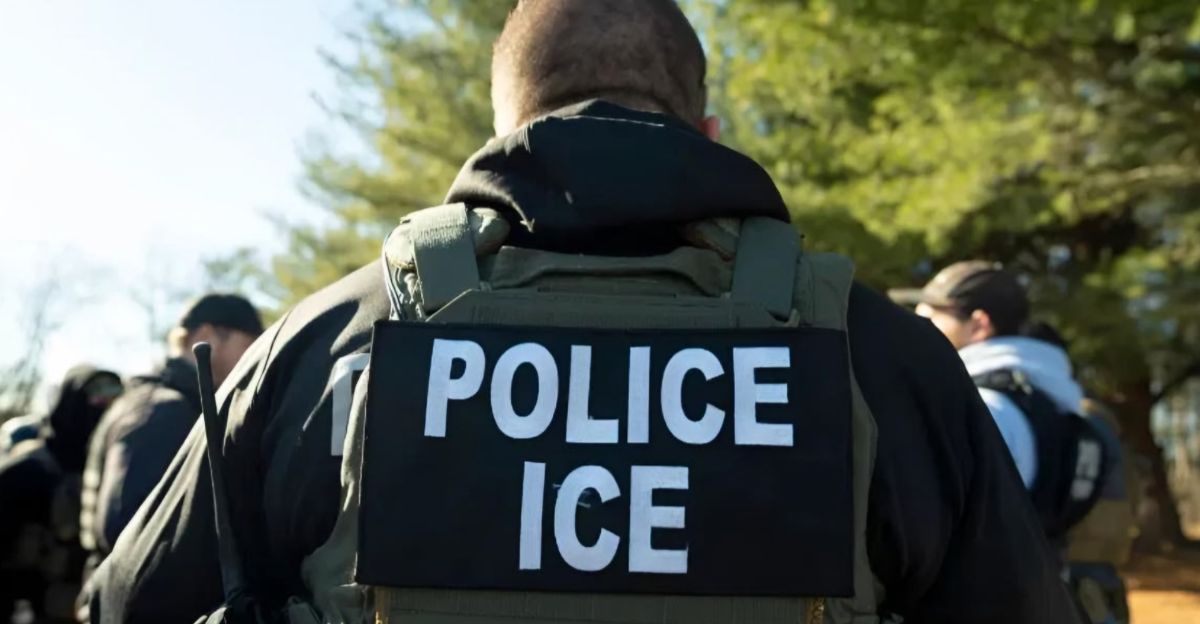
Three Denver-area businesses are facing a combined $8 million in fines after the U.S. Immigration and Customs Enforcement (ICE) issued violations citing rampant employment of unauthorized migrant workers.
This enforcement action highlights a broader federal effort to ensure compliance with immigration and employment laws.
The Scale of Violations and Fines
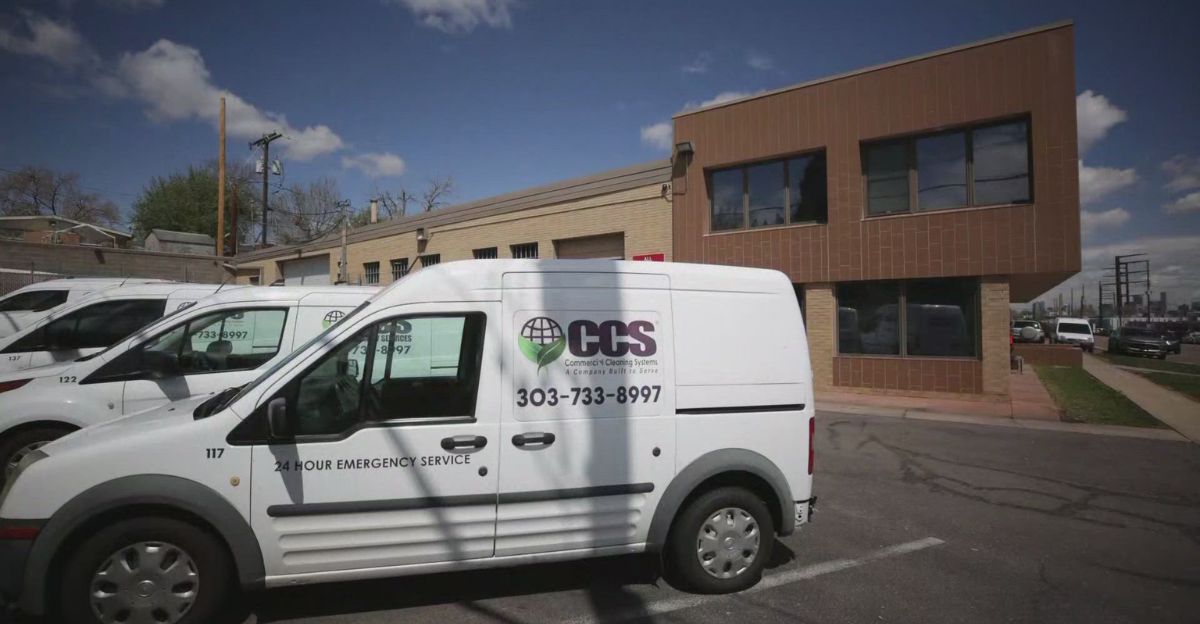
The largest violation, amounting to $6.19 million, was slapped on CCS Denver, Inc., a commercial cleaning and facility maintenance company with over 87 unauthorised workers.
PBC Commercial Cleaning Systems, Inc. faced $1.6 million in fines for employing 12 unauthorised workers, while Green Management Denver was fined $270,195 for employing 44 unauthorised workers.
ICE’s Enforcement Strategy and Purpose

According to ICE Special Agent Steve Cagen, the fines are part of their effort to ensure the integrity of the immigration system and cultivate a culture of compliance.
The agency’s approach includes I-9 audits, civil penalties, and potential criminal prosecution to ensure businesses adhere to federal employment eligibility laws.
The Role of I-9 Audits in Uncovering Violations
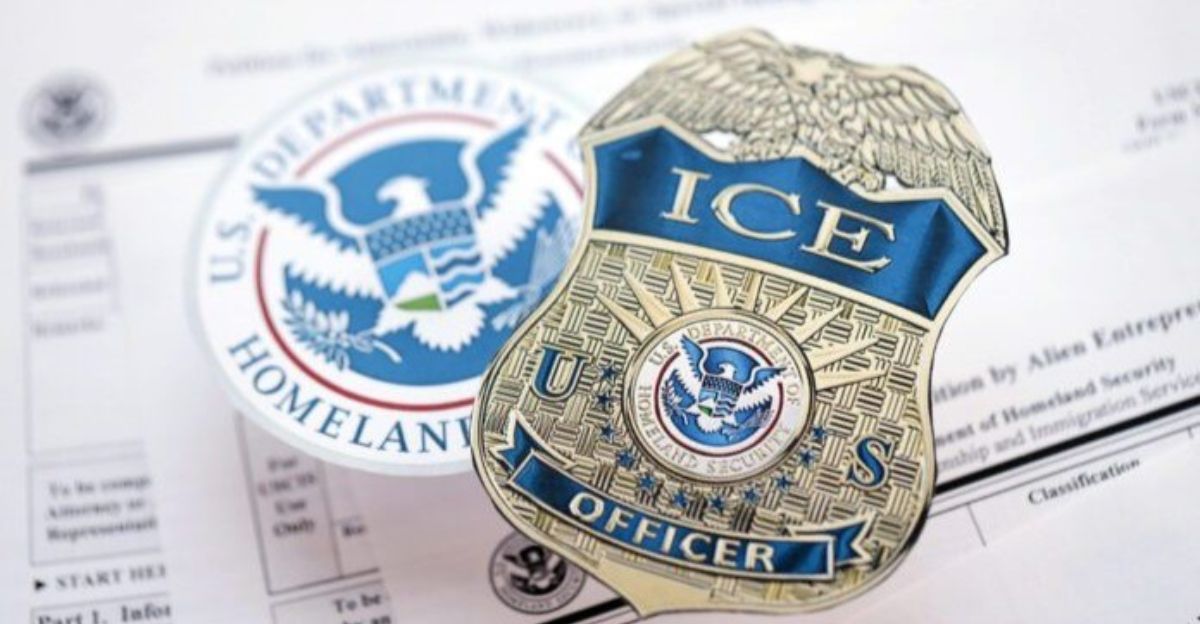
The fines stemmed from worksite audits focusing on Form I-9, which employers must complete to verify the employment eligibility of all workers.
These audits have been a long-standing enforcement tool, with increased activity in recent years, particularly during the Trump Administration’s efforts to strengthen immigration enforcement.
Implications for Businesses and the Broader Community

These enforcement actions serve as a warning to businesses that knowingly hire unauthorized workers, leveling the playing field for law-abiding employers and protecting the public interest.
However, some of the fined companies are unresponsive or appear to have limited current operations, making it difficult for them to establish means of communication and accountability.
Consequences for Undocumented Workers
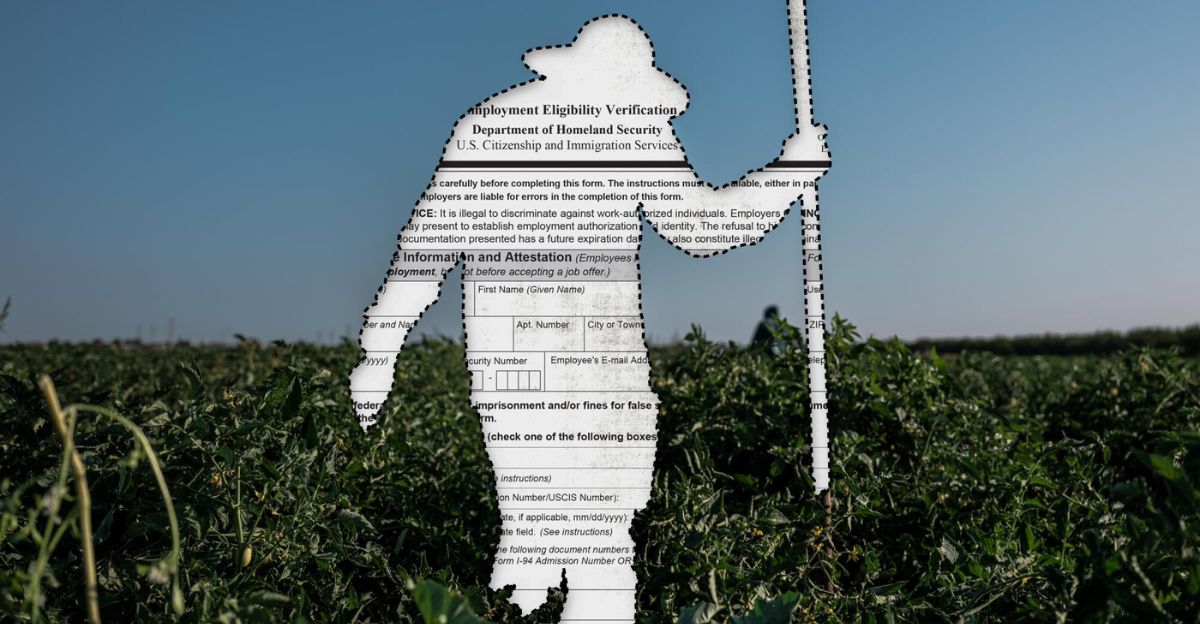
Despite the financial penalties to businesses, unauthorized workers are still victims of wage theft, lack of benefits, and job instability.
Possibly, the majority of unauthorized employees are vulnerable to exploitation due to their precarious legal status, fear of retaliation, and limited ability to report labor violations.
Economic and Social Strains on Unauthorized Workers

The pressure of unauthorized employees does not only come from fines. Unauthorized workers frequently endure financial strain caused by unpredictable income and exclusion from public benefits despite often paying taxes through ITINs. This precarious situation exacerbates their vulnerability in the labor market and broader society.
Historical Context of Worksite Enforcement

Worksite enforcement through I-9 audits has been a consistent federal practice since the Immigration Reform and Control Act of 1986, but the intensity of enforcement has fluctuated with different administrations.
Therefore, the recent growth of audits and fines reflects a renewed focus on immigration compliance in the workplace.
Broader Immigration Enforcement Trends in Colorado
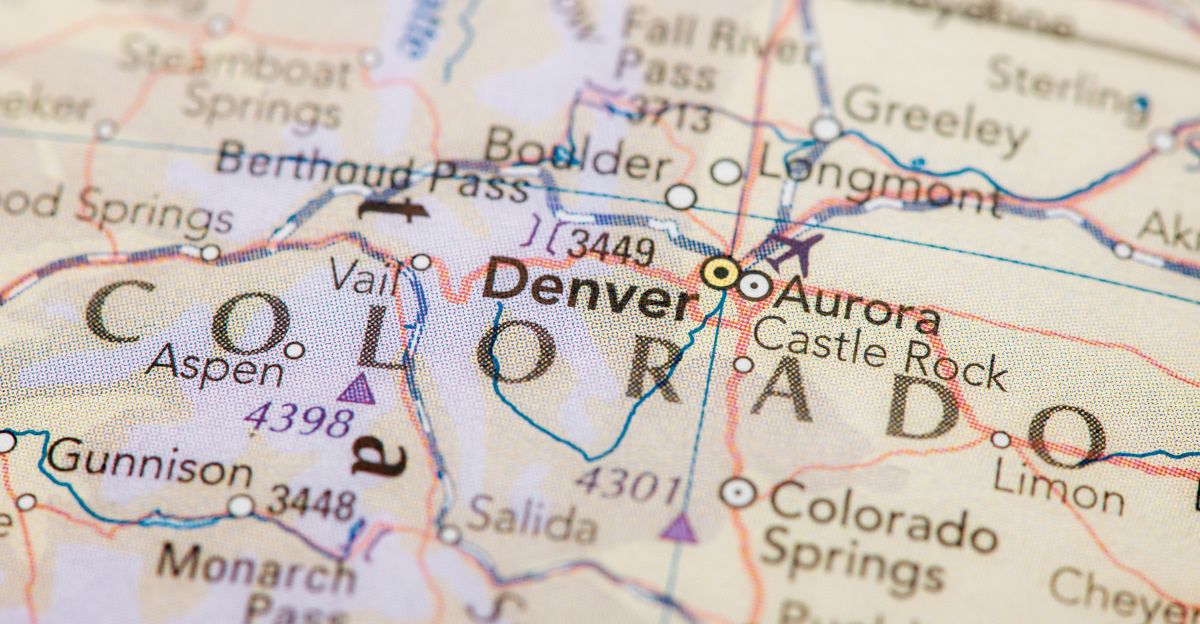
This crackdown in Denver is part of a broader strategy involving multiple agencies and tactics, including border security enhancements and raids targeting unauthorized workers and employers.
The effort aims to address illegal immigration comprehensively, affecting many facets of Colorado’s communities.
Compliance and Accountability
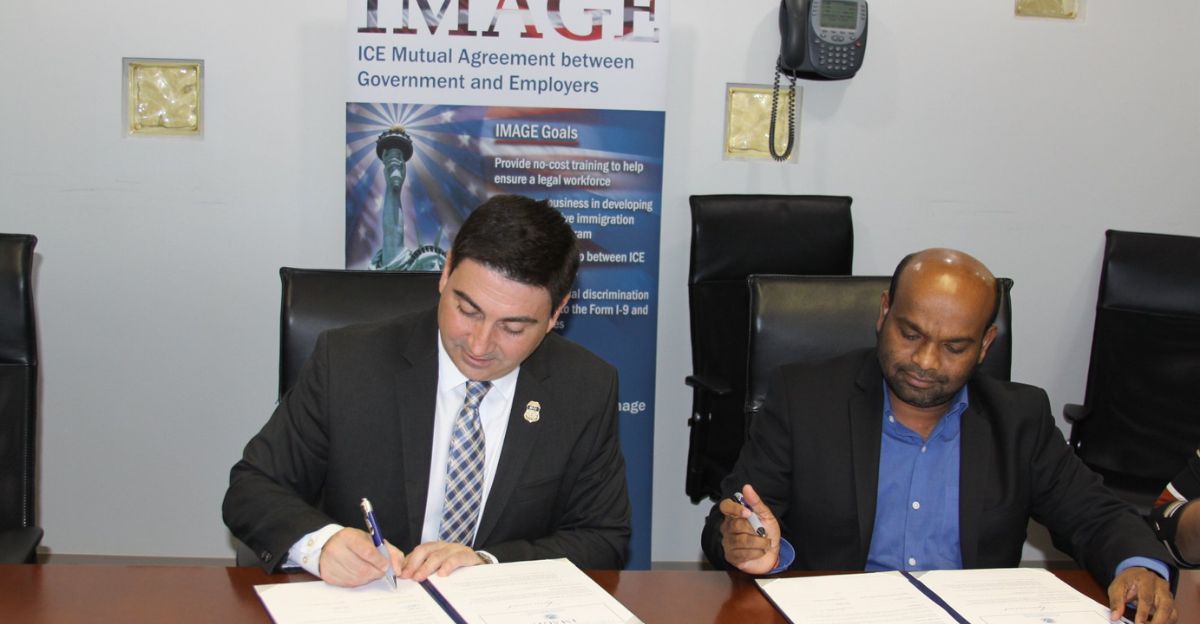
ICE’s three-pronged strategy—compliance, enforcement, and outreach—seeks not only to penalize violations but also to foster legal hiring practices through programs like the Mutual Agreement between Government and Employers (IMAGE).
The ongoing challenge remains balancing enforcement with protecting vulnerable workers and ensuring fair labor standards across industries.
Discover more trending stories and Follow us to keep inspiration flowing to your feed!

Craving more home and lifestyle inspiration? Hit Follow to keep the creativity flowing, and let us know your thoughts in the comments below!
